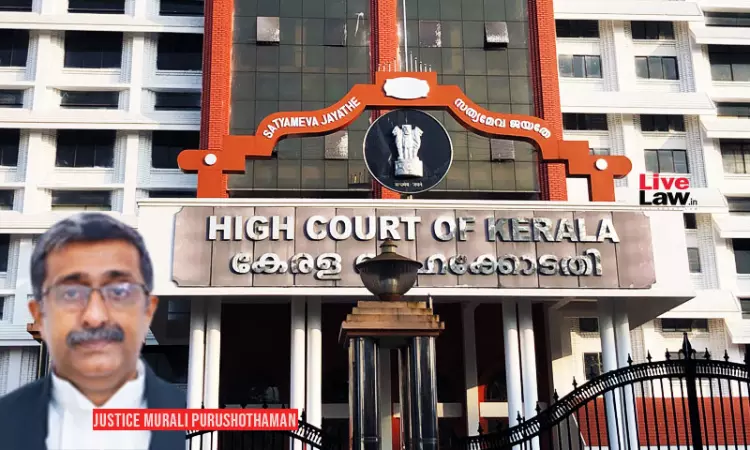Motor Accidents | Legal Representatives Entitled To Compensation Even If Not Dependents Or Legal Heirs: Kerala High Court
Hannah M Varghese
22 Sept 2023 5:11 PM IST

Next Story
22 Sept 2023 5:11 PM IST
The Kerala High Court recently held that in motor vehicle accidents, the legal representatives of the deceased are entitled to compensation even if they are not legal heirs of the deceased. Justice Murali Purushothaman added that this rule remains true even if there is no loss of dependence and clarified that the compensation would go to the estate of the deceased. "Even if there is no loss...
